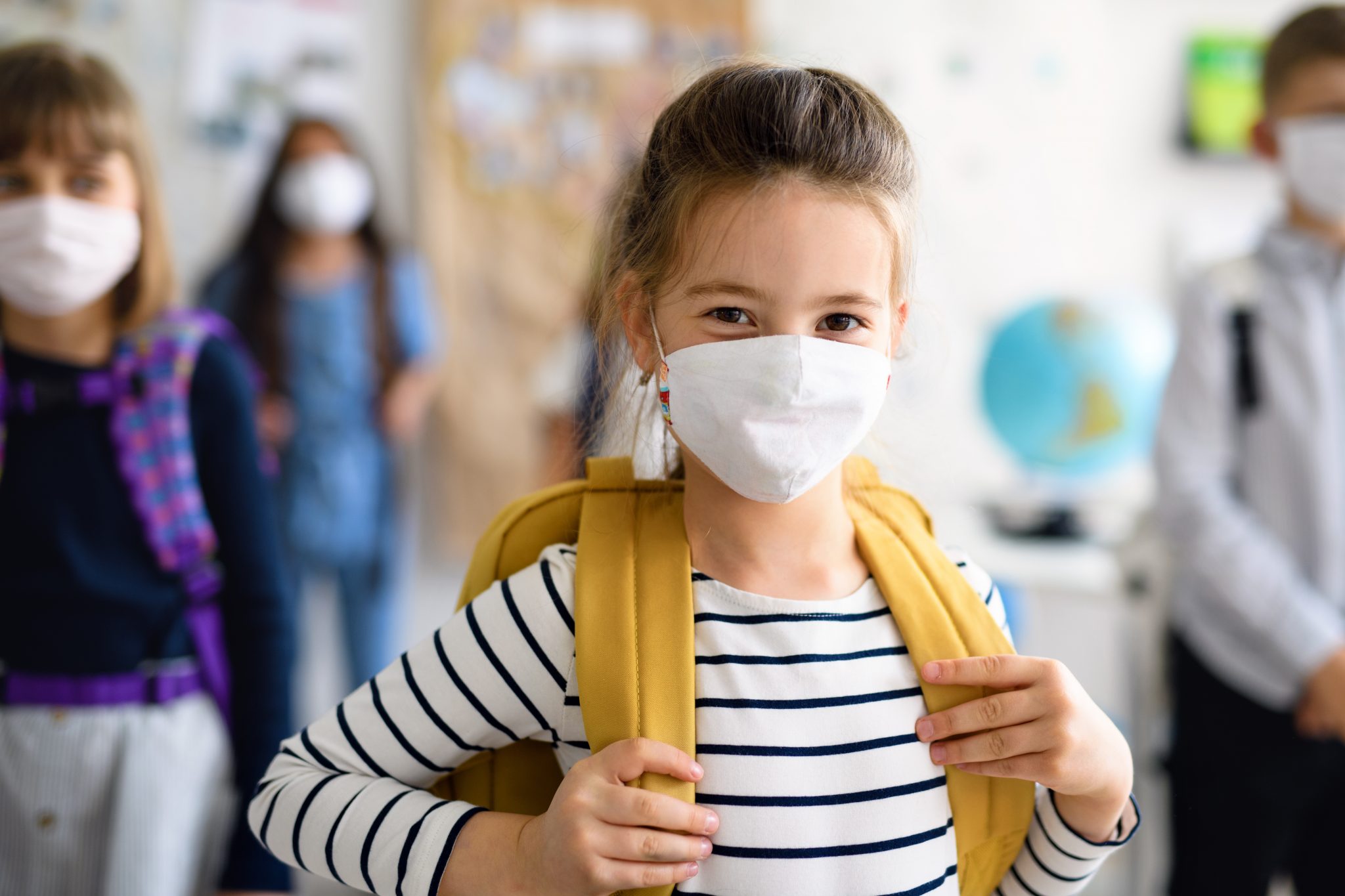By Madhurani Khare, M.D.
For children who experience school-related anxiety, the COVID-19 pandemic has been a double-edged sword.
Many have enjoyed remote learning and not having to deal with all that comes along with a typical school day – riding the bus, navigating the hallways, finding a seat in the cafeteria.
But now, with some classrooms reopening, students are faced with going back.
After six months away, stepping through those doors when the first bell rings could be harder than ever. And, even in a remote learning environment, children can experience school-related anxiety.
The child and adolescent programs at Penn Medicine Princeton House Behavioral Health offer comprehensive treatment plans to help children overcome school-related anxiety so they can transition back to the classroom.
Not Uncommon
Most children will complain at some point about having to go to school. They don’t want to wake up early. They didn’t finish their homework. They’re in an argument with a friend.
For some, the reasons for school refusal are more serious, including social anxiety, fear of failure, being bullied, being afraid of the teacher, and even fear of using the school bathroom. Major life changes such as the birth of a sibling or a family separation can also lead to school refusal.
School avoidance or school refusal is not uncommon and occurs in as many as 5% of children, according to the American Academy of Pediatrics.
Symptoms associated with school refusal include headaches, stomachaches, nausea, diarrhea, tantrums, crying every morning or evening, the inability to sleep, and ignoring school work, resulting in poor grades.
If excessive school refusal behaviors aren’t addressed, it can lead to long-term concerns. Numerous studies have established links between excessive absenteeism and educational underachievement, psychiatric problems, delinquency, and substance abuse.
A Cycle of Anxiety
Often, school refusal becomes a cycle.
When children outright refuse to go to school or have difficulty staying in school for an extended period of time, the anxiety can become entrenched and even harder to overcome.
School refusal can impact their quality of life and participation in normal activities, so it’s important to identify and address these behaviors as soon as they arise.
Triggers that can be linked to school refusal include:
Being introverted, socially isolated, or behaviorally inhibited
Having low-self esteem
Being immature or dependent on others
Having social anxiety
Falling on the autism spectrum
Being a high achiever
The coronavirus further complicated the problem for students this year. With classrooms shuttered since mid-March, the anxiety about returning to school has been exacerbated.
Some children may not want to wear a mask all day or are afraid of contracting the coronavirus.
For others, remote learning can have its own challenges, as it typically requires children to be more independent and places more responsibility on the student.
These concerns are normal and expected. And there are things that parents can do to lessen their child’s anxiety.
Tips for Parents
Whether your child is returning to the physical classroom this fall or learning remotely, you can help them cope with school-related anxiety by talking to them about their concerns and fears.
You can also help by establishing a back-to-school routine, with a set time for waking and going to bed.
In addition, especially if your child is learning remotely:
Review your child’s schoolwork to ensure they are completing assignments on time and not ignoring responsibilities.
Make sure your child is not isolating in their room. Encourage them to get outside during the day.
Set aside time during the week to do an activity as a family.
Encourage your child to be socially active. Visit with friends while wearing masks and from a safe distance, or schedule time for video chats.
Encourage hobbies, interests, and participation in safe activities.
If your child is returning to school in person, have them practice wearing a mask for extended periods of time. Talk with them about the importance of wearing a mask and washing their hands.
Treating School-Related Anxiety
Treating school-related anxiety and school refusal starts with a comprehensive assessment that rules out any medical issues.
At Penn Medicine Princeton House Behavioral Health, therapists work with children and families to reintegrate the student back into the school environment using a variety of different treatment tools including:
Cognitive behavioral therapy
Mindfulness skills
Relaxation training
Social skills training
Contingency management
Reentry planning
Children and adolescents whose education has been disrupted by school refusal might be eligible for special school services through an Individualized Education Plan (IEP). Therapists at Princeton House typically work with schools and parents to develop an IEP, which describes goals for the students and outlines special support provided by the school to help the student achieve those goals.
For more information about the child and adolescent programs at Penn Medicine Princeton House Behavioral Health or to schedule an appointment call 888-437-1610 or visit www.princetonhouse.org
Madhurani Khare, M.D., is board certified in child and adolescent psychiatry as well as general psychiatry. She is the medical director of the Hamilton site of Penn Medicine Princeton House Behavioral Health.

